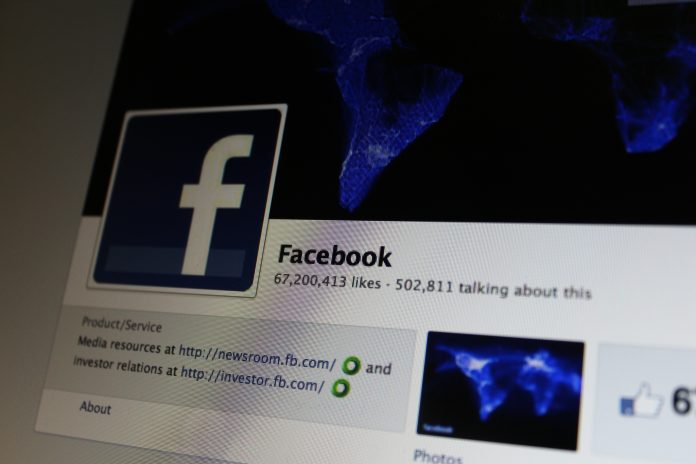Creatives and news publishers will be empowered to negotiate with internet giants thanks to a deal reached on copyright rules which also contains safeguards on freedom of expression.
The deal, reached between EP and Council negotiators aims to ensure that the rights and obligations of copyright law also apply to the internet. YouTube, Facebook and Google News are some of the internet household names, which will be most directly affected by this legislation.
Legislators also strove to ensure that the internet remains a space for freedom of expression. Snippets from news articles can thus continue to be shared, as can Gifs and memes.
Tech giants to share revenue with artists and journalists
The deal aims at enhancing rights holders’ chances, notably musicians, performers and script authors, as well as news publishers, to negotiate better remuneration deals for the use of their works featured on internet platforms.
Locking in freedom of expression
Sharing snippets of news articles will not engage the rights of the media house which produced the shared article. The deal however also contains provisions to avoid news aggregators abusing this allowance. The ‘snippet’ can therefore continue to appear in a Google News newsfeeds, for example, or when an article is shared on Facebook, provided it is “very short”.
Uploading protected works for purposes of quotation, criticism, review, caricature, parody or pastiche has been protected, ensuring that memes and Gifs will continue to be available and shareable on online platforms.
Many online platforms will not be affected
The text also specifies that uploading works to online encyclopaedias in a non-commercial way, such as Wikipedia, or open source software platforms, such as GitHub, will automatically be excluded. Start-up platforms will be subject to lighter obligations than more established ones.
Stronger negotiating rights for authors and performers
Authors and performers will be able to claim additional remuneration from the distributor exploiting their rights when the remuneration originally agreed is disproportionately low compared to the benefits derived by the distributer.
How this directive changes the status quo
Currently, internet companies have little incentive to sign fair licensing agreements with rights holders, because they are not considered liable for the content that their users upload. They are only obliged to remove infringing content when a rights holder asks them to do so. However, this is cumbersome for rights holders and does not guarantee them a fair revenue. Making internet companies liable will enhance rights holders’ chances (notably musicians, performers and script authors, as well as news publishers and journalists) to secure fair licensing agreements, thereby obtaining fairer remuneration for the use of their works exploited digitally.
EPP Group: better conditions for the press
“We have achieved a ground-breaking deal during our negotiations with Member States and the European Commission on copyright reform. Press publishers in Europe will enjoy copyright protection on the internet, a deal that will further secure quality journalism in Europe and will also ensure that journalists are properly remunerated”, said Axel Voss MEP, Parliament’s Spokesman for the Copyright Directive.
“The deal will also be significant to the European creative sector. Internet platforms will now be liable for copyright infringements on their sites, but start-ups and other micro and small enterprises will be governed by a special regime. This means that European authors, composers and other copyright holders will enjoy protection in the online world. In no way are we touching the use of memes, as propaganda has suggested in the past. On the contrary, we agreed on provisions that will bring guarantees that the internet will remain a space for free expression”, continued Voss, who led the Parliament in the lengthy negotiations with the Council,” he added.
“Press publishers are now entitled to demand from online platforms, for example, news aggregators, the share on revenues should their works be used. Through this, we have managed to shift the balance again to the hands of those who create the content and publish it. What was at stake was to secure conditions for independent journalism in Europe. Journalists as such will also benefit from this as they will be entitled to fair remuneration from press publishers”, concluded Voss.
The deal must now be approved by Council representatives and the EP plenary.

